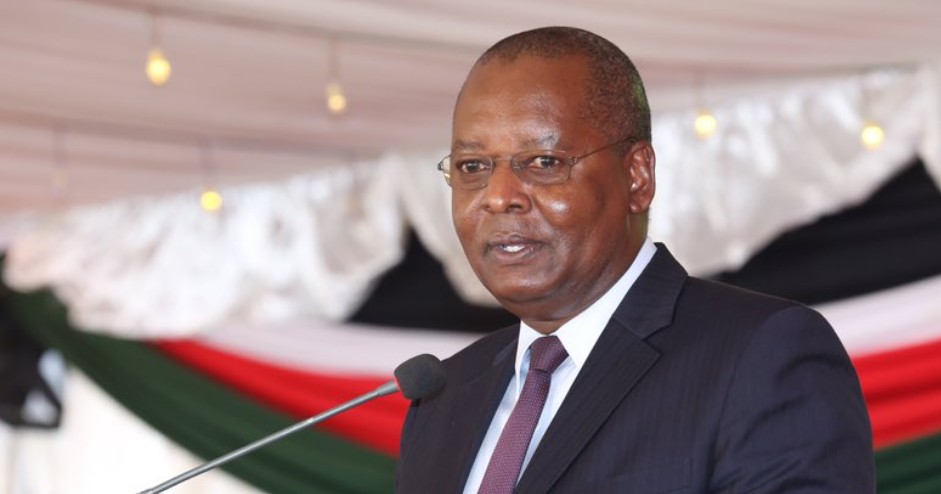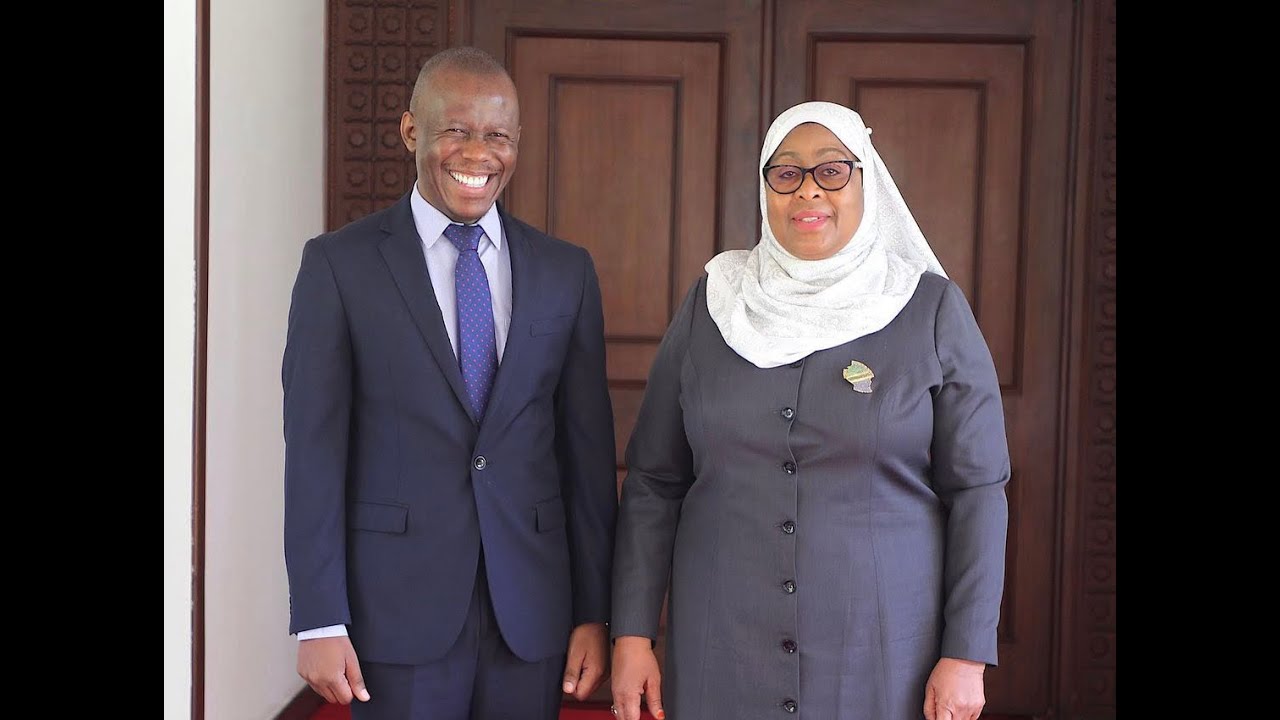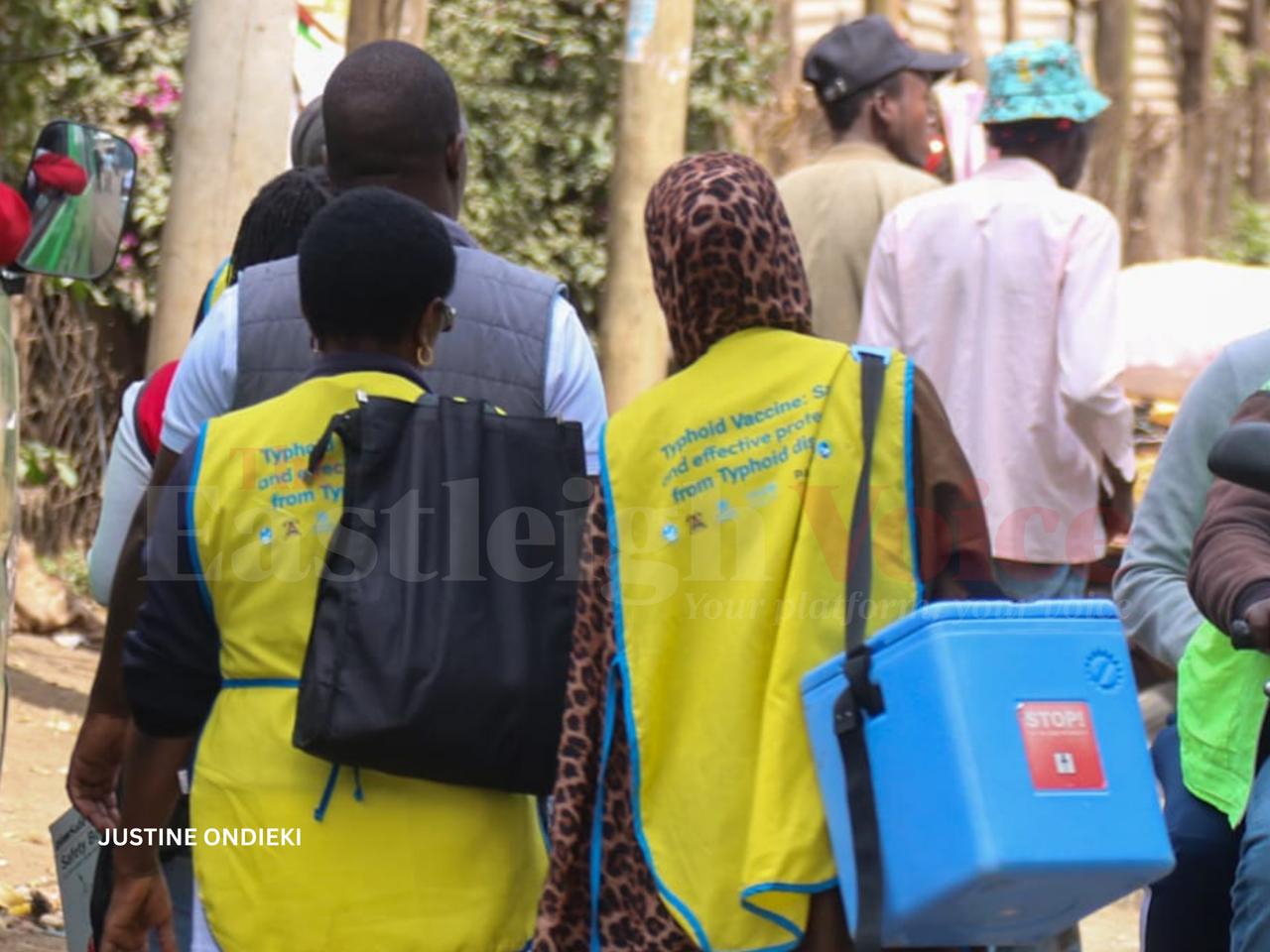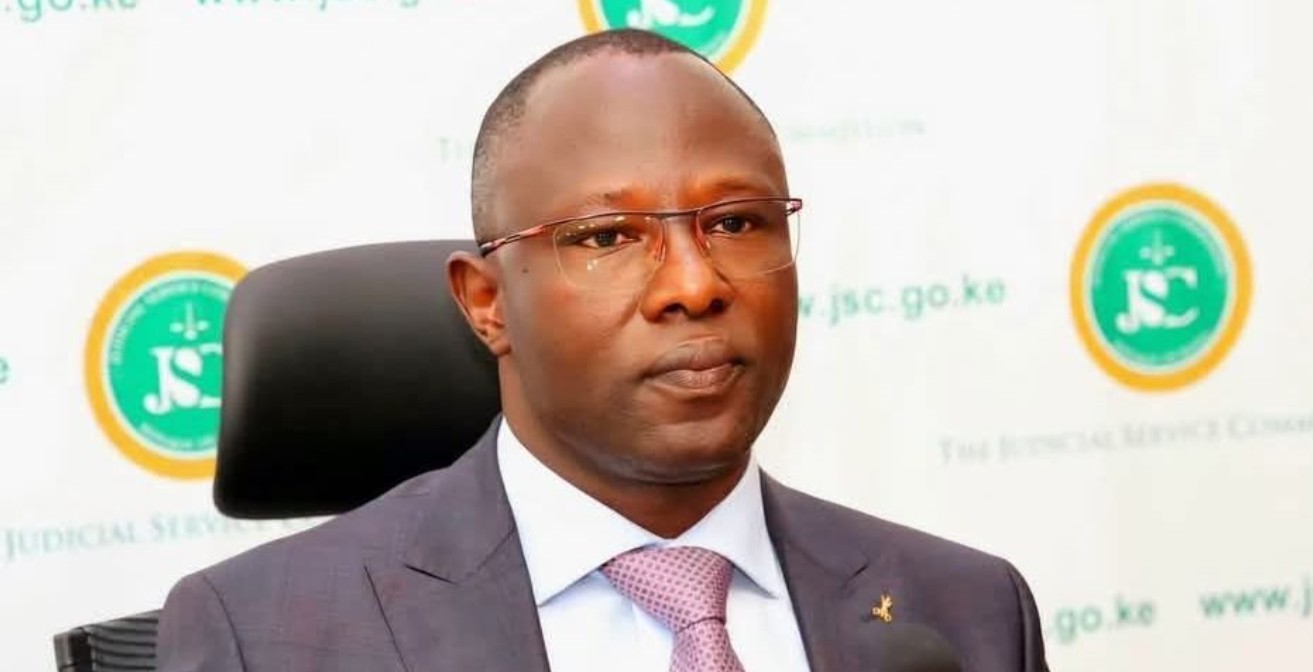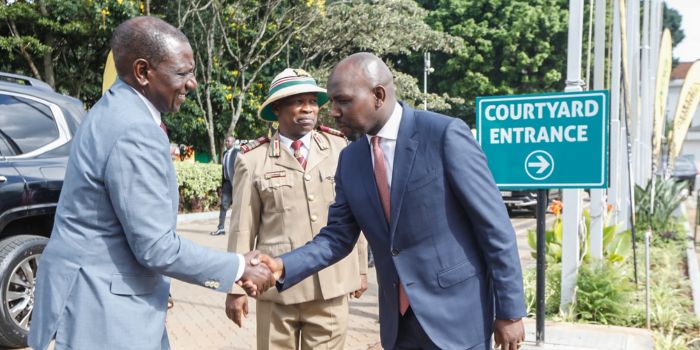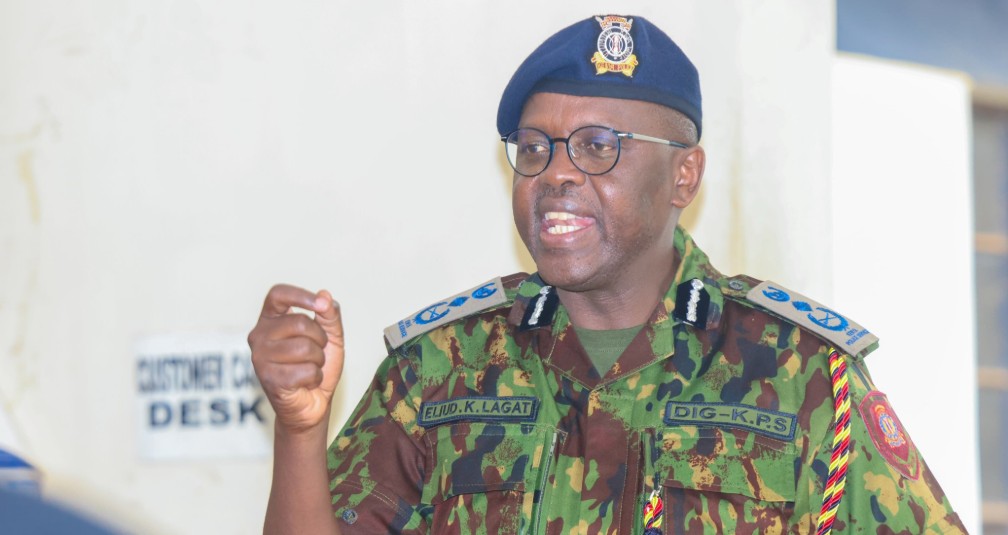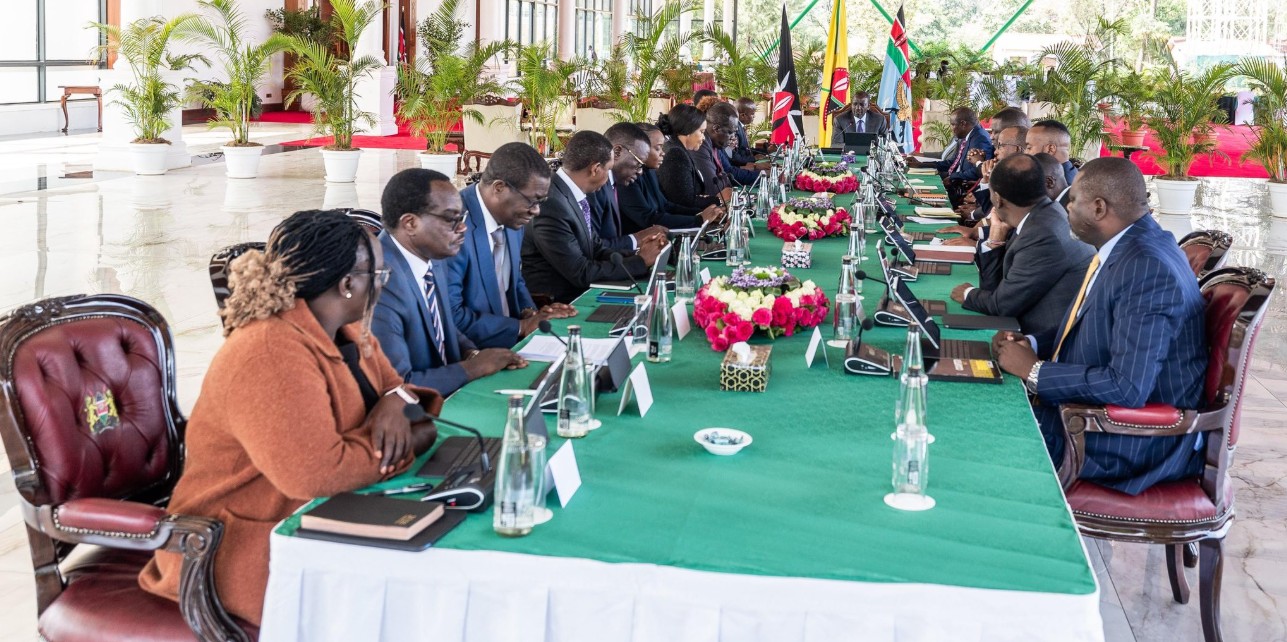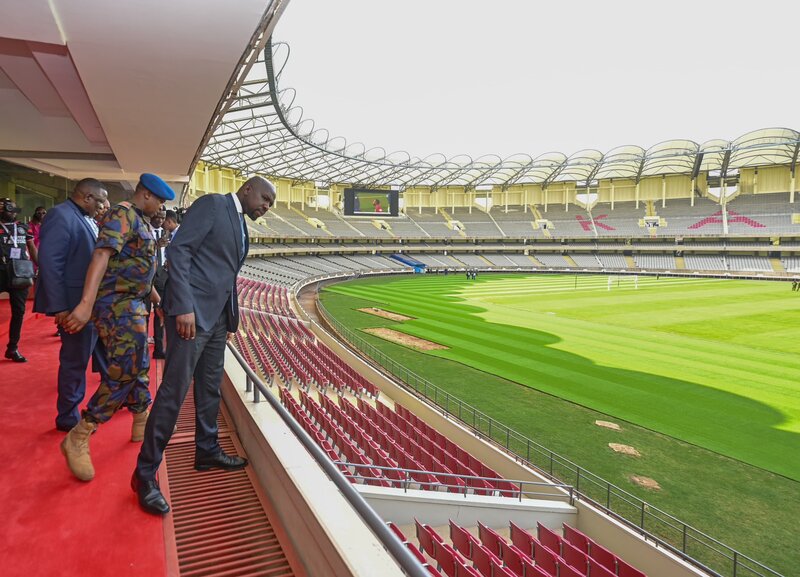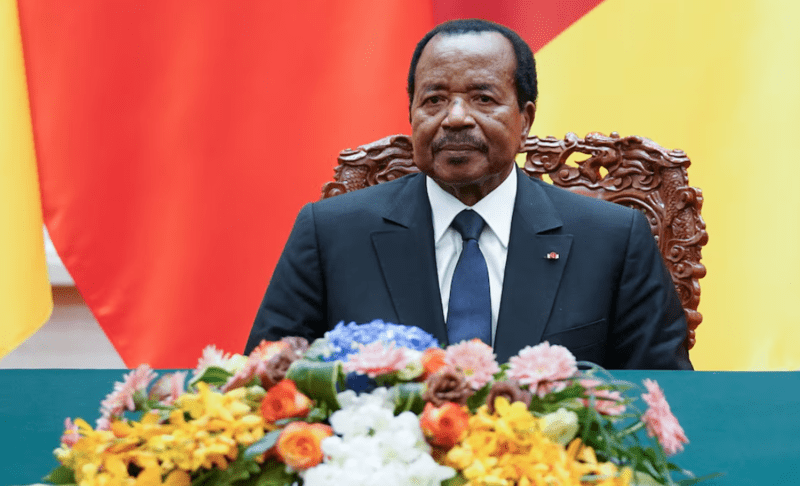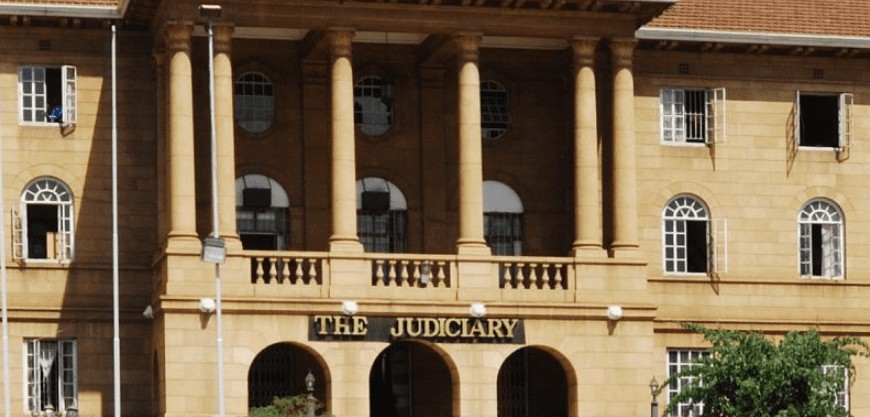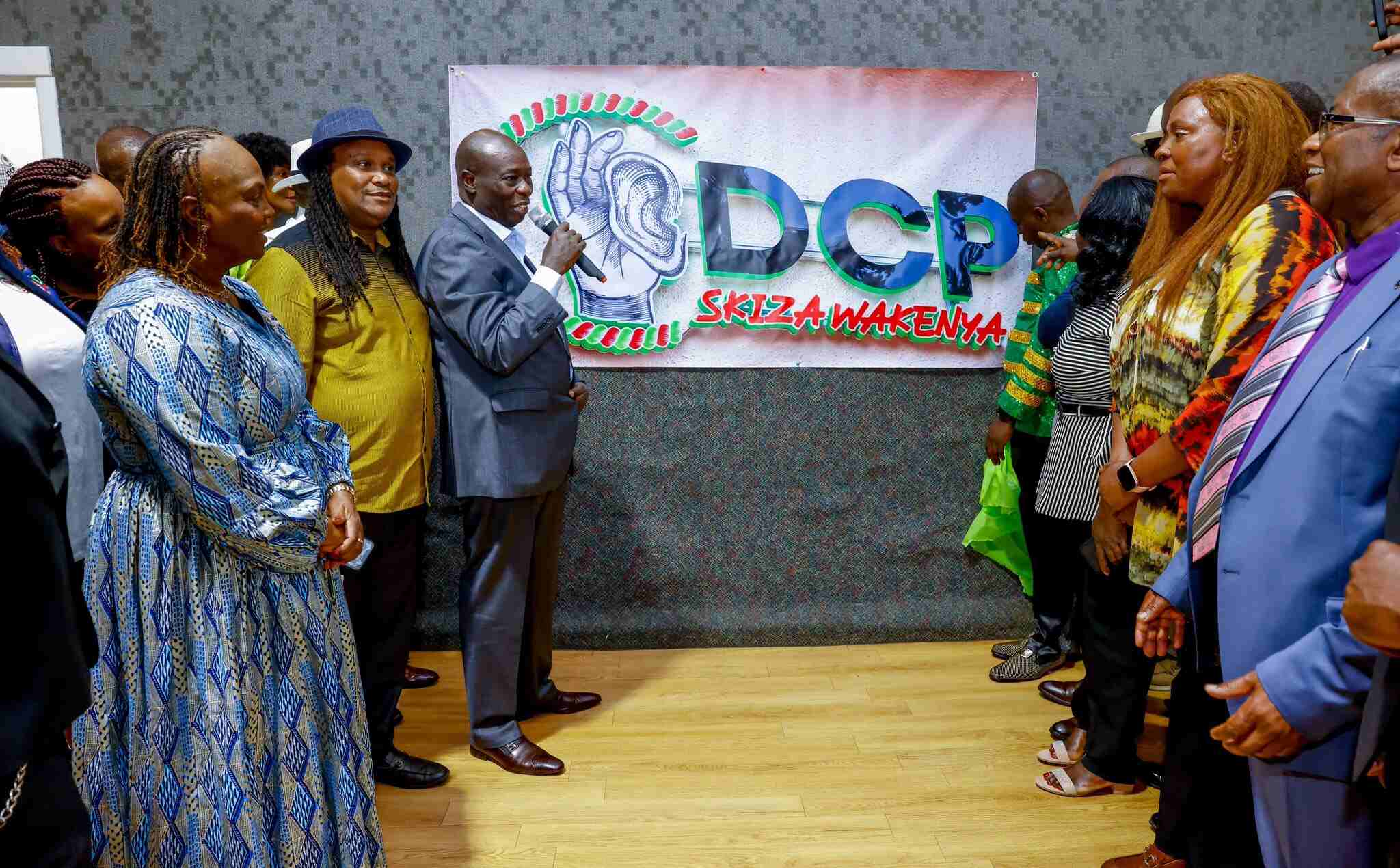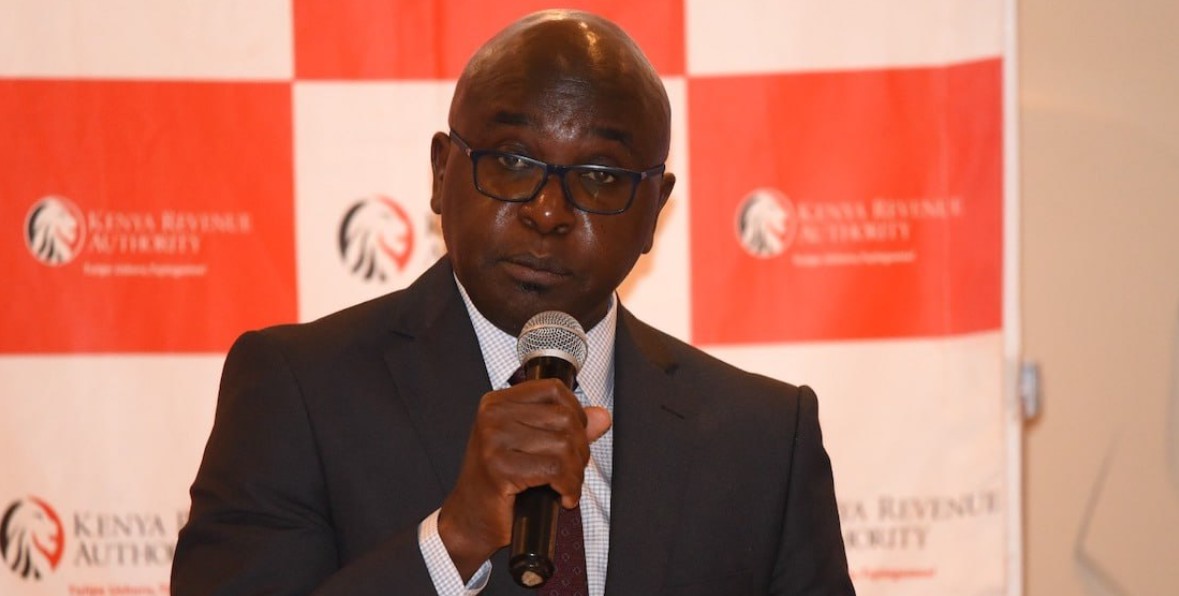Tanzania: Democracy at stake as Chadema barred from election over disputed code of conduct
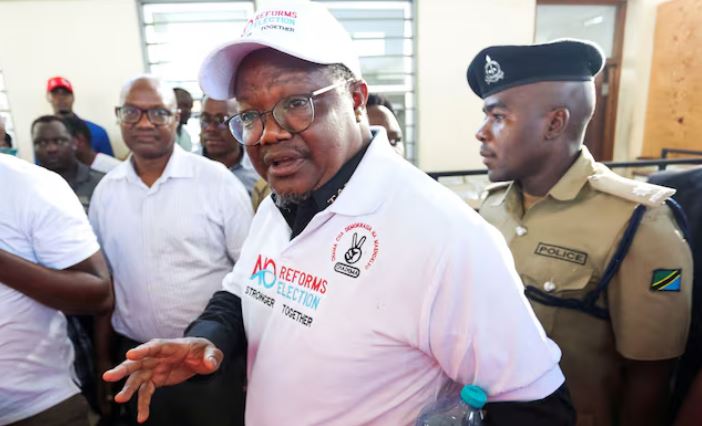
The opposition party has long complained that the composition of the electoral commission and systems favours the ruling Chama Cha Mapinduzi (CCM) party.
Tanzania's Independent National Electoral Commission (INEC) has barred the country's main opposition party, Chadema, from participating in October's general election. INEC cited Chadema's refusal to sign the electoral code of conduct to justify the suspension.
The ban also implies that the opposition party will not be allowed to compete in any elections until 2030.
More To Read
- Tanzania's Ambassador to Cuba Humphrey Polepole resigns, citing loss of faith in President Samia Suluhu's leadership
- Tanzanian opposition leader Tundu Lissu leads own defense in treason trial, slams case as baseless
- Tanzania’s ruling party CCM strengthens control ahead of 2025 general election
- Tanzania pushes back as UN raises alarm over repression ahead of elections
- Tanzanian opposition leader Tundu Lissu granted right to represent himself in court
- Mutunga, Karua sue Tanzania at EAC court over detention, deportation ahead of Tundu Lissu trial
However, Chadema is disputing the decision by INEC, saying it is unilateral and does not follow the dictates of the law.
"The ban is an insult to the intelligence of Tanzanians and Chadema party," Regemeleza Nshala, Chadema party Attorney General, told DW.
"The law does not prescribe a ban on parties that refuse to sign the electoral code. It provides for a penalty. You cannot interpret the word penalty to constitute a ban," he said.
Tundu Lissu in custody
Chadema party leader Tundu Lissu remains in custody after being charged with treason for demanding electoral reforms.
Lissu, who survived 16 gunshots in 2017, has been arrested on multiple occasions but now faces a capital offence.
Paternus Niyegara, a political analyst, concurs with Chadema. He told DW the law was unclear on the provisions for a penalty if a party does not sign the electoral code.
"The constitution is vague on banning a political party or individual if they do not sign the ethical code of conduct. The provisions are still under debate. There is room to challenge the ban," Niyegara said.
Chadema has further questioned the decision to force political parties to sign an ethical code before the sitting of a nomination court meant for the end of July or early August.
"The code is effective a day after the nomination court of candidates, which is in July. How can you come up with a fictitious date without a nomination court which can determine a date for the code to be signed?" Nshala asked.
The opposition party has long complained that the composition of the electoral commission and systems favours the ruling Chama Cha Mapinduzi (CCM) party.
It attributes the heavy losses suffered in the 2024 local government elections to biased electoral laws and repression. CCM won more than 98 per cent of the seats in those local elections.
The 2024 elections were widely seen as a test for Tanzania's democratic institutions ahead of the presidential elections in October of this year.
CCM has dominated politics since Tanzania became a united republic in 1964 following the merger of Tanganyika and Zanzibar.
"There is something sinister going on. The barring is a calculated move on the part of INEC to force Chadema to sign to a code that is not in keeping with free and fair elections. We are going to challenge this," Nshala told DW.
Chadema has laid several demands under its No Reforms! No Elections campaign.
These include an independent electoral commission, revival of the stalled constitution writing process abandoned in 2013, legal changes to allow independent presidential candidates, judicial review of presidential election results, and a requirement that presidential winners secure at least 51 per cent of the vote.
The opposition noted that for meaningful change to happen, Tanzania must reform its constitution, which has remained unchanged since it was ratified in 1977 when the country was a one-party state.
"Signing the code of conduct is akin to digging our own grave," Emanuela Andrea, a Chadema supporter, told DW.
"We will block the elections until reforms are done. The code of conduct lacks democratic principles."
Letting down supporters
However, some ordinary Tanzanians feel the opposition is letting down its supporters by boycotting the electoral process.
"Chadema is putting up an unnecessary obstacle. If they are not part of the elections, how will they push for reforms?" wondered Hellen Nachilongo, a resident of Mwanza in northern Tanzania.
In the past, rights groups and Western governments have cited government repression, with opposition politicians and government critics facing frequent arrests, abductions and killings.
When President Suluhu Hassan took over following President John Magufuli's sudden death, political observers hailed her for shifting away from her predecessor's oppressive restrictions on the opposition and media in Tanzania.
However, her efforts have not satisfied the main opposition's demands, resulting in the refusal to sign the election code of conduct.
"The reforms have not met the aspirations of fairness and accountability," Lovelet Lwakatare, an independent political analyst, told DW.
"This is what should be questioned with institutions under President [Samia Suluhu] Hassan. How much reforms should we expect from her tenure, how much reconciliation, how much rebuilding," she said.
"We expected that the president and her institutions would have met with Chadema leaders and discussed compromises that could be made," Lwakatare said.
Governanace
Lwakatare added that politicians need to realise that the main purpose of elections is not about political competition but an expression of how citizens want the country to be governed.
"The opposition has raised concerns about the supervision of civic polls by the president's office regional administrators. This puts opposition parties in an unfair playing field."
In 2019, the opposition boycotted the polls, citing violence and intimidation, paving the way for a clean CCM sweep of the seats.
Should the ban on Chadema be upheld, there could be a repeat of the same, leading to further disputes and discrediting of the October election.
"The banning sends a bad signal that the democratisation process and the independence of institutions are not proper," said Paternus Niyegara.
"It will send a message to the international community that we do not adhere to political processes. The outcome of the October election will not give a balance that all people participated in electing leaders they want," he said.
Top Stories Today
